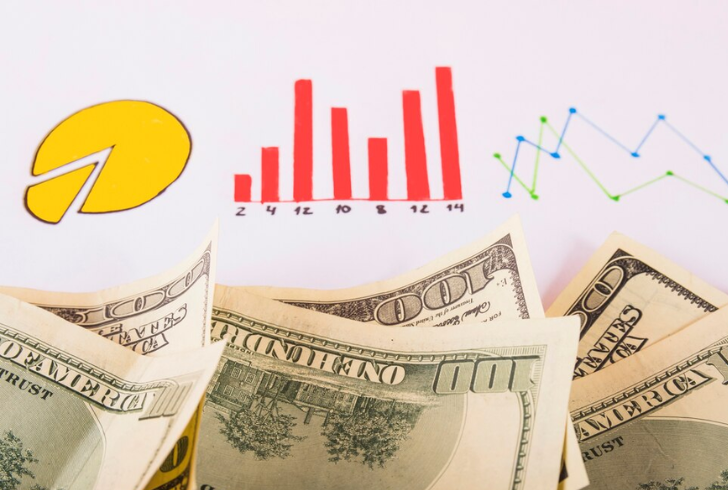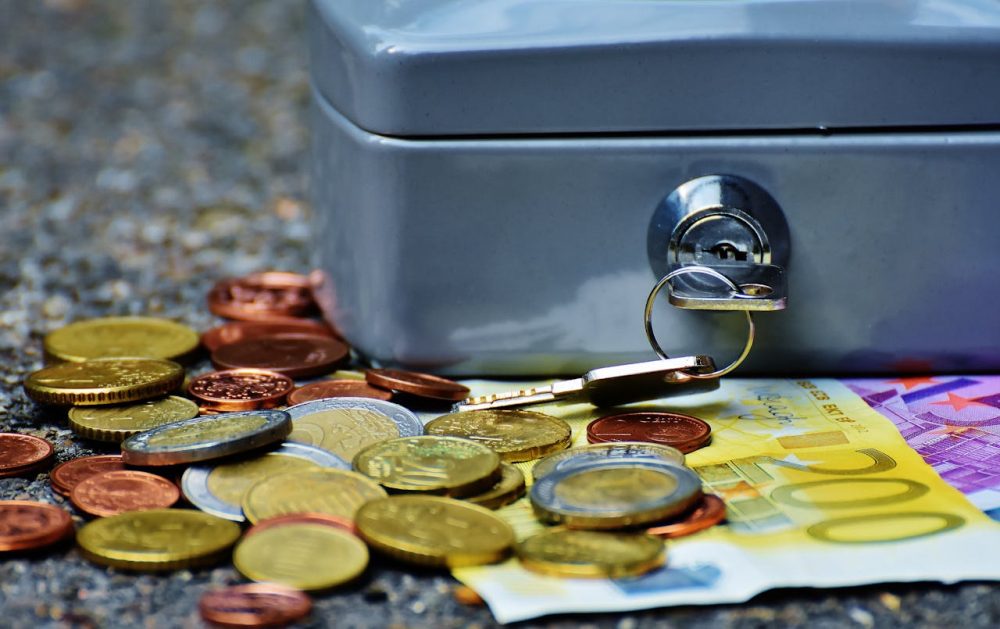Have you ever wondered how companies share their profits with shareholders? That's where dividends come in! They're like little slices of the profit pie distributed to shareholders as a reward for their investment. But when it comes to accounting for dividends, things can get a bit technical.
This guide will unravel the mystery of dividends accounts, explaining is dividends a debit or credit, and how they impact your understanding of a company's financial health.
Understanding Dividends and Shareholder Equity

Freepik | Dividends are earnings distributed to shareholders based on their ownership stake.
Imagine you're a co-owner of a bakery. The bakery makes a profit, and you and your fellow owners decide to share some of that success. That's essentially what happens with dividends. A company distributes a portion of its earnings to its shareholders, proportional to their ownership stake (the number of shares they hold).
These distributed profits are recorded in a special account called the dividends account. But where does this fit in the grand scheme of a company's financial picture? Let's talk about shareholder's equity. This section of a company's balance sheet represents the total value shareholders have in the company. Think of it as the money you've invested plus any accumulated profits that haven't been distributed as dividends.
The Intriguing Dance of Debits and Credits
Now, the million-dollar question: is dividends a debit or credit? Here's where things get interesting. When a company declares a dividend, it reduces the amount of retained earnings (the accumulated profits). This reduction is typically reflected as a debit to the dividends account (or sometimes directly to the retained earnings account).

Freepik | roman- | "Is Dividends a Debit or Credit?" impacts how dividends affect a company's balance sheet.
However, this debit in the dividends account is a temporary measure. At the end of the accounting year, this account is "closed out" by transferring its balance to the retained earnings account. This essentially combines the two, giving you a more accurate picture of the company's overall shareholder equity.
A Breakdown
Let's illustrate this concept with a simple example. Suppose a company declares a cash dividend of $50,000. Here's the accounting dance:
- Declaration Day: The company debits either the dividends account or the retained earnings account for $50,000. They also credit a current liability account called dividends payable for $50,000. This reflects the obligation to pay the dividend to shareholders.
- Payment Day: When the dividend is actually paid out to shareholders, the company debits the dividends payable account for $50,000 and credits the cash account for the same amount.
The Importance of Dividends Accounts
So, why do dividends accounts exist? They serve a crucial purpose:
- Transparency: They provide a clear record of how much profit a company has distributed to shareholders over a specific period.
- Accuracy: By temporarily holding the dividend amount, they ensure a more accurate picture of retained earnings throughout the year.
- Accounting Consistency: They maintain consistency with accounting standards for temporary accounts that are closed out at the end of the year.
A Smart Investor's Tool

Freepik | Companies with consistent dividend payouts show financial stability and shareholder commitment.
As an investor, keeping an eye on dividends can be beneficial. Companies with a history of consistent dividend payouts often demonstrate financial stability and a commitment to rewarding shareholders. However, remember, dividends are just one piece of the puzzle. Consider other factors like the company's growth potential and overall financial health before making investment decisions.
Final Note
Dividends and their corresponding accounts might seem complex at first glance. But with a little understanding, you can grasp the concept and appreciate their role in corporate finance. Dividends are a credit to shareholders (literally putting money in their pockets) and a temporary debit in the grand scheme of a company's financial statements.
So, the next time you hear about dividends, you'll be a more informed investor, ready to navigate the exciting world of the stock market!






